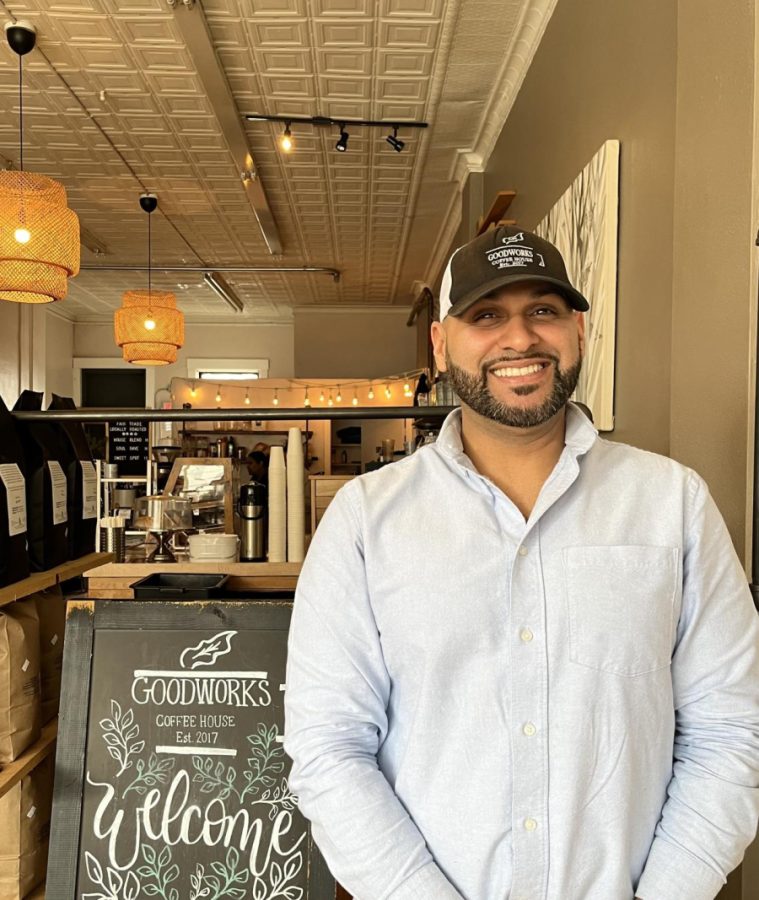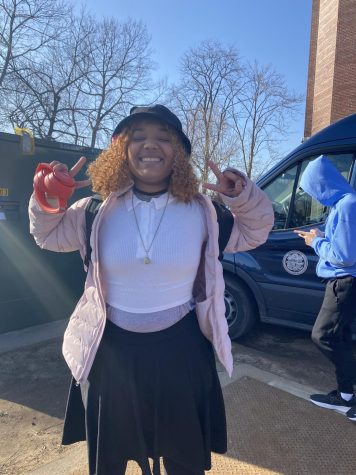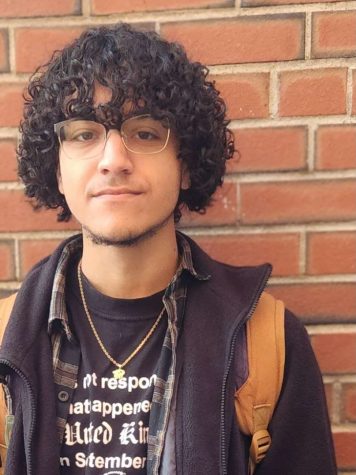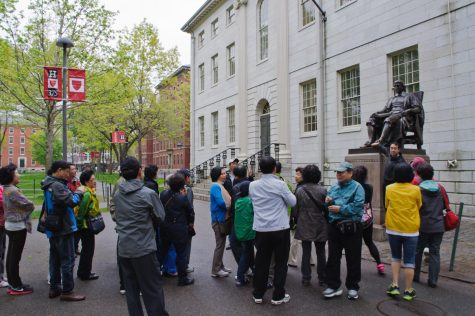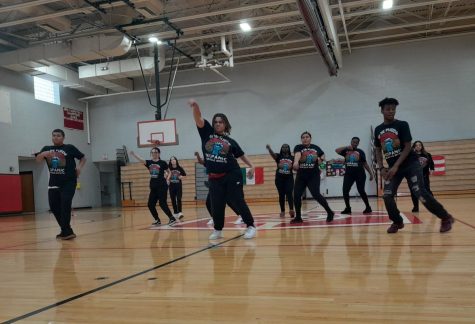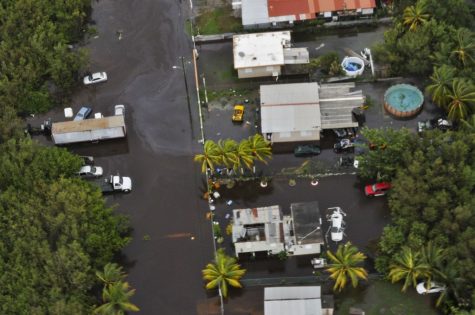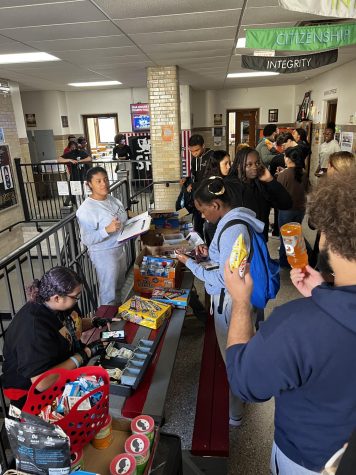There’s More Help at SHA Than You Think
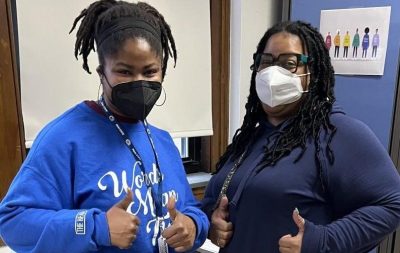
February 2, 2022
About 7 out of 10 students believe that there are fewer than three support programs at SHA. Programs from academic to emotional support are available and more students than not don’t know about them.
Support groups range from the academic lab we partake in two to three times a week to the grief group facilitated by Rick’s Place.
In a student poll that was conducted in the fall, 67 percent of students believe that there are less than three support programs. In reality, there are eight with more to come in the future.
The journalism class surveyed 177 out of 230 SHA students; the poll had a margin of error of four percentage points.
The poll results, follow up-questions on the survey, and interviews with students suggest that many students don’t know how to ask for help and that the faculty and administration could do more to promote our programs.
“I feel scared to ask for help even when I’m struggling because I don’t know how others around me will react and help me,” said a sophomore who declined to be identified.
There are four academic programs available to everyone; academic lab where everyone has time to complete and catch up on work; buy back where if you miss too much school time is available on Saturdays to make up your work; Edgenuity which is course work you are able to complete online; and peer tutoring, available to everyone to get support from your fellow students.
Every student has access to one on ones with our counselors Tera Drummer and Sara Runkle, our mental health counselors, and college counselor Amanda Mills The Rick’s Place is a program that started in December to support students that have dealt with the passing of a family member or friend.
Anchors are a support to help when you’re struggling with both emotional and academic stress. There are 27 anchors through the school you can go to if you need support.
“There’s a lot of people who don’t like opening up to people, and I feel like when going to an anchor you won’t feel as tense or uncomfortable as others might be around adults,” said sophomore Lee (Hailey) Delgado.
The problem of why students are not taking advantage of these programs still stands. If you are a student looking to get some extra help email Mr. Howes, Ms. Drummer or Ms. Runkle.
Everyone has a part to play in creating that unity to support our students and learning environment; but students have a hard time accepting or being able to do what they need
— Principal HD
Students also need to take more accountability in spreading the word about help programs, said HD. “We need more of our students who are participating to show the students who don’t how helpful [the programs] can really be.”



